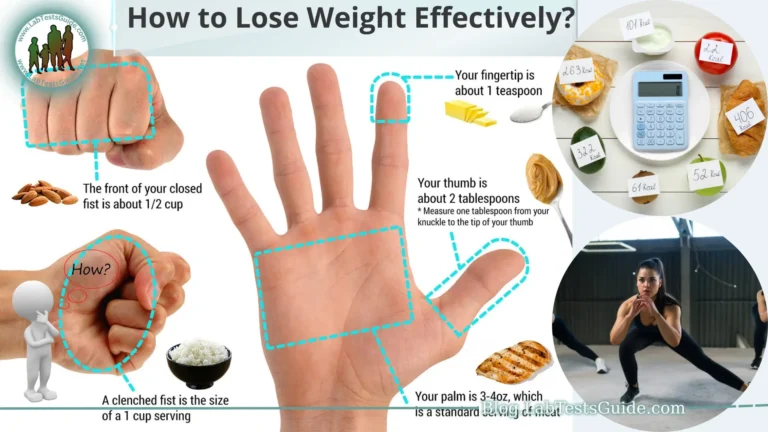Diet Choices
 Diet choices play a significant role in your overall health and well-being. Your dietary preferences can impact your energy levels, weight management, and your risk of developing various chronic diseases. Here are some common diet choices you might consider:
Diet choices play a significant role in your overall health and well-being. Your dietary preferences can impact your energy levels, weight management, and your risk of developing various chronic diseases. Here are some common diet choices you might consider:
1. **Vegetarianism:** Vegetarians exclude meat (including poultry and seafood) from their diets but may still consume dairy products and eggs. Some vegetarians also avoid certain animal-derived ingredients, like gelatin.
2. **Veganism:** Vegans follow a plant-based diet that excludes all animal products, including meat, dairy, eggs, and even honey. Veganism is often chosen for ethical, environmental, or health reasons.
3. **Flexitarian or Semi-Vegetarian:** Flexitarians primarily follow a vegetarian diet but occasionally include small amounts of meat or fish in their meals. This approach offers some flexibility while still promoting plant-based eating.
4. **Pescatarian:** Pescatarians exclude meat and poultry but include fish and seafood in their diets. This choice is often motivated by a desire to obtain the health benefits of fish, such as omega-3 fatty acids.
5. **Mediterranean Diet:** The Mediterranean diet emphasizes fruits, vegetables, whole grains, legumes, nuts, and olive oil. It includes moderate consumption of fish, poultry, and dairy but limits red meat and processed foods. This diet is associated with numerous health benefits, including reduced risk of heart disease.
6. **Ketogenic Diet:** The ketogenic diet is a low-carbohydrate, high-fat diet designed to induce a state of ketosis, where the body burns fat for energy. It is used primarily for weight loss and managing certain medical conditions like epilepsy.
7. **Paleolithic Diet (Paleo):** The paleo diet encourages eating like our hunter-gatherer ancestors, focusing on whole foods such as meat, fish, vegetables, fruits, nuts, and seeds while avoiding processed foods, grains, legumes, and dairy.
8. **Low-Carb Diet:** Low-carb diets reduce the intake of carbohydrates and may have various variations, such as the Atkins diet. These diets can help with weight loss and blood sugar control.
9. **Gluten-Free Diet:** People with celiac disease or non-celiac gluten sensitivity avoid gluten-containing foods like wheat, barley, and rye. A gluten-free diet is essential for those with these conditions but is often chosen by others as well.
10. **Plant-Based Diet:** A plant-based diet is centered around foods derived from plants, such as fruits, vegetables, grains, nuts, and seeds. It can be vegan or include small amounts of animal products. Plant-based diets are associated with numerous health benefits.
11. **Intermittent Fasting:** Intermittent fasting involves cycling between periods of eating and fasting. There are various approaches, such as the 16/8 method or alternate-day fasting, which may have potential health benefits.
12. **Calorie-Restricted Diet:** Calorie restriction involves reducing daily calorie intake below what is typical for weight maintenance. It is often practiced for weight management and potential longevity benefits.
When making diet choices, it’s essential to consider your individual health goals, dietary preferences, cultural and ethical beliefs, and any potential medical conditions. Consulting with a healthcare professional or registered dietitian can provide personalized guidance based on your specific needs and circumstances. Remember that a balanced and varied diet is generally recommended for optimal health.










